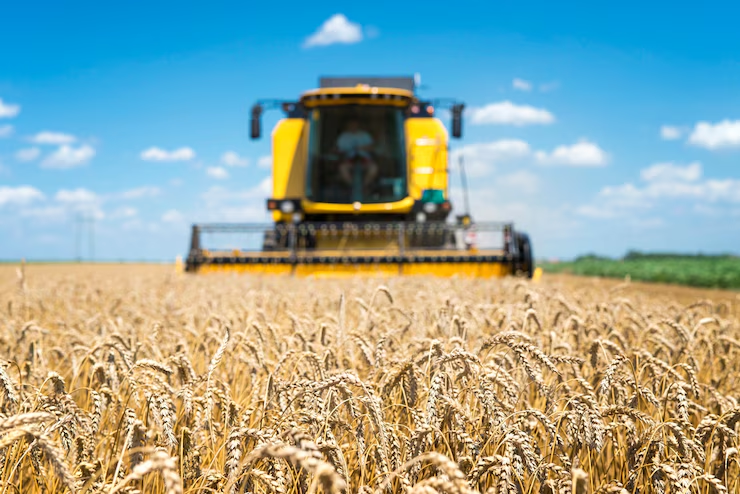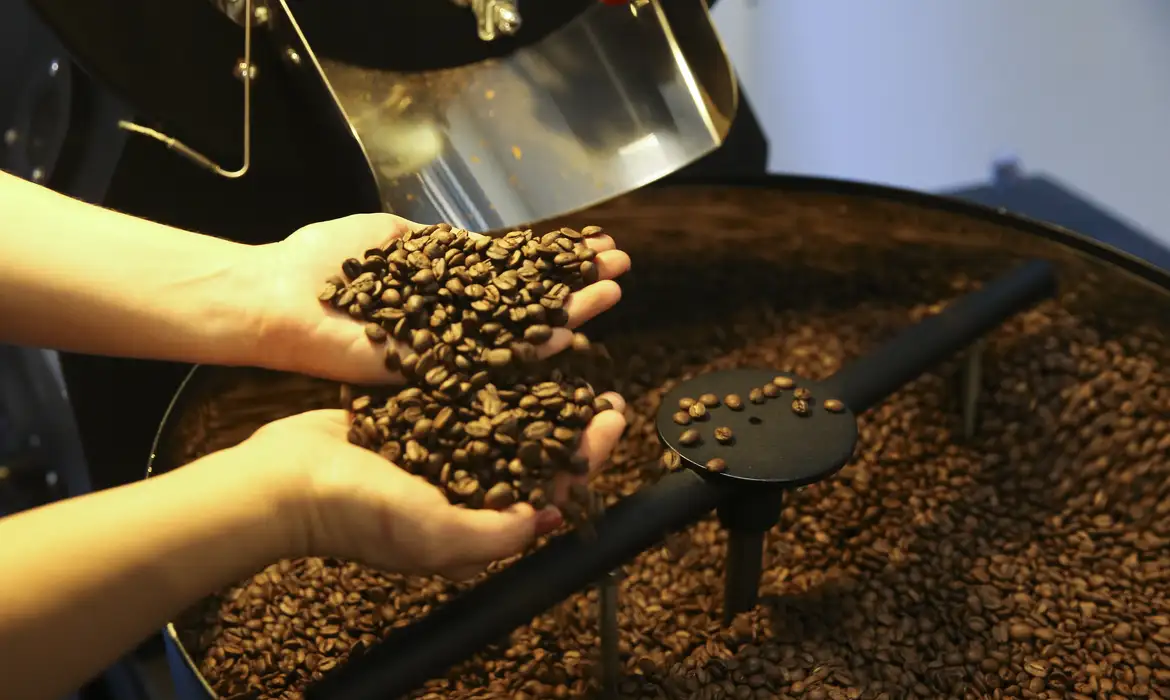BIOFUELS: Agricultural caucus defends 10-year plan to expand Brazilian production

For the vice president of the FPA, federal deputy Arnaldo Jardim (CD-SP), the energy produced from agro is renewable and brings positive impacts to the country. According to the parliamentarian, the members of the agriculture and livestock group are defending a project for the expansion of the energy sector for the next 10 years with the government.
“We are discussing a lot the issue of a ten-year plan for biofuels, for all production targets, because that way, having these targets, we can have investment and these investments are essential for greater production, greater predictability, greater innovation, reducing costs. fuel production costs. Society in general wins”, he explains.
A study by the World Wildlife Fund (WWF) indicates that biofuels could supply 72% of the Brazilian demand for energy by the end of the decade, with better use and recovery of degraded areas for the production of sugarcane. Sugarcane is already the main source of renewable energy in Brazil, according to the 2021 National Energy Balance (BEM). Despite its leadership in the segment, sugarcane producers claim better remuneration for the sector and effective participation within the RenovaBio.
“When the law was increased, the producer was left out of the project. Bearing in mind that today 80% of capture (carbon) is in agriculture. So, today the producer does not have access to the CBIOS, which is a decarbonization title, originating from Renovabio”, says Gustavo Rattes de Castro, president of the Organization of Associations of Sugarcane Producers in Brazil (ORPLANA).
Energy in the field and reduction of production costs
In December 2017, Law No. 13,576 instituted the National Biofuel Policy (RenovaBio), with the aim of expanding the production and use of biofuels in the Brazilian energy matrix. For ABSOLAR’s Vice President of Distributed Generation, Bárbara Rubim, in addition to encouraging the decarbonization of activities, RenovaBio brought financial incentives for the agricultural sector to join the initiative.
“Basically, the program provides for a reduction in interest rates for financing given to rural biofuel producers who are interested in developing actions that bring more energy efficiency to their production. When we look at the issue of energy in general, energy efficiency is one of the best actions that can be adopted, because the best energy, the cheapest energy or the best energy for the environment is the one that we actually don’t use it”, he points out.
Aiming at reducing production costs for field workers, the FPA discussed in a meeting on the last April 18th, the best application of RenovaBio for the rural sector. The meeting was attended by the secretary of Petroleum, Natural Gas and Biofuels, of the Ministry of Mines and Energy, Pietro Mendes. During the event, the government representative demonstrated that the current management of the MME is willing to collaborate so that Brazil moves towards a green economy, attributing a fundamental role to agriculture in this process. According to the vice-president of the FPA, deputy Arnaldo Jardim, the sector already has the capacity to lead this movement.
“The energy produced from the agro is renewable energy. Therefore, not only with a positive environmental impact. Unlike fossil fuels, but also with another very important issue, which is having a whole production chain that generates jobs, creates income opportunities throughout our interior in the state of São Paulo, in the state of Minas Gerais, in the state of Paraná, of all states in the country, on our agricultural frontier, that is, in traditional production zones. Biofuels are here to stay and are more than just a business card that we have from an international point of view”, he points out.
By Brasil 61




